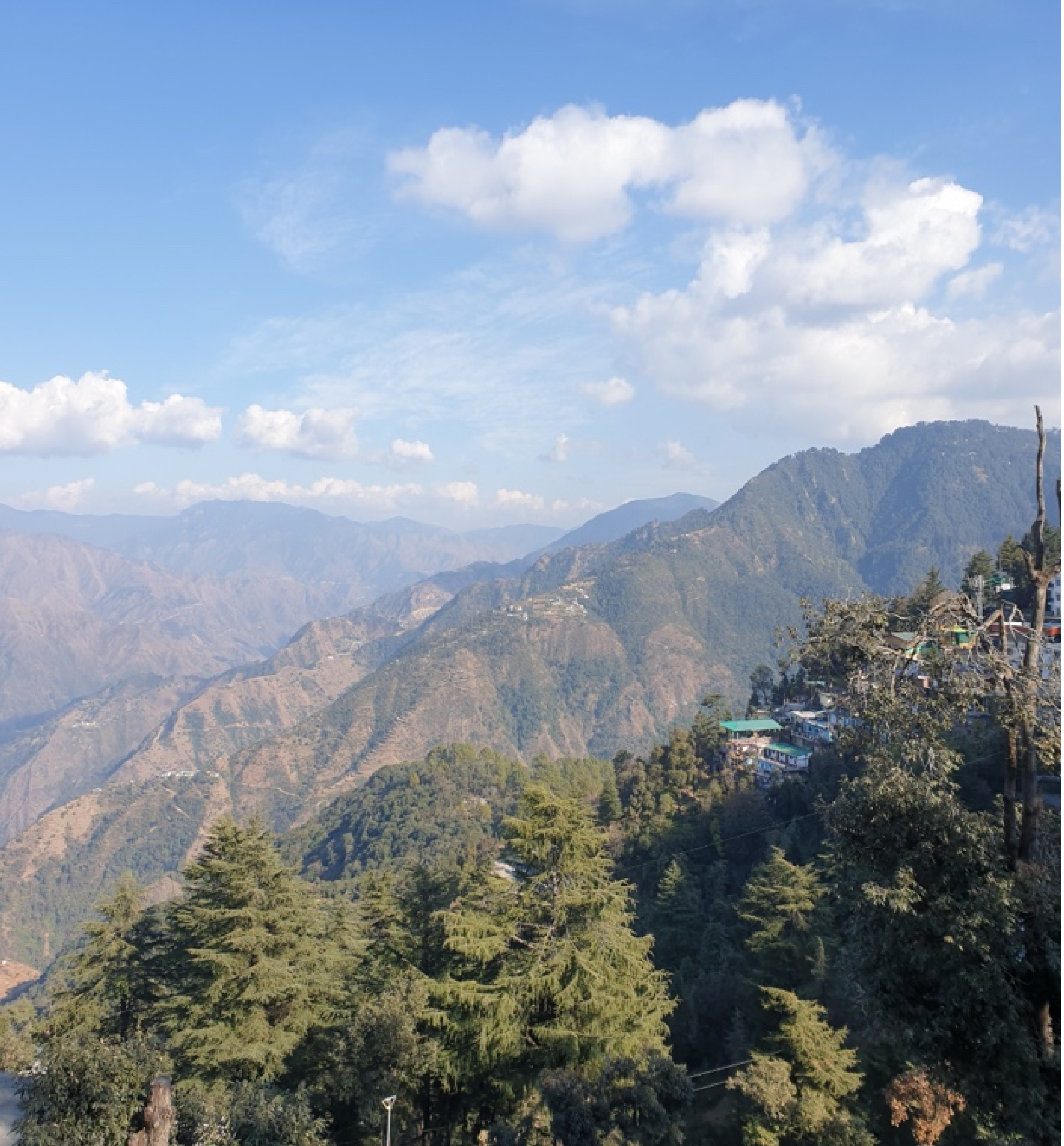April 25th 2015 will be remembered vividly in Nepal for a long time to come. This was the day, one year ago, when a 7.8 magnitude earthquake jolted Nepal violently leaving nearly 9000 people killed and forcing more than a million out of their homes. Towns and historic monuments turned to mere rubble in a matter of seconds and the entire nation was devastated.
Pragya has been working in the Nepal Himalayan region for nearly a decade. We have been addressing sustainable development of the mountain districts through our programmes on education & skill building, WASH, livelihoods and advocacy. The existing on ground presence helped us to promptly respond to the emergency and undertake rapid relief operations based on essential understanding of accessibility and procurement channels.
Pragya Team in Kathmandu procured and transported relief material to the affected areas and ensured its prompt and effective distribution, at times amidst continuing aftershocks and incessant rains, to reach out to those in need. Here is a brief summary of our relief activities in Nepal:
Outreach: 5 districts; 7146 people
Relief materials provided:
5,789 kilograms of food grains; 1,266 hygiene items; 2,117 packs of baby food, glucose, ORS; 22 blankets, tarpaulins, ground sheets; 800 packs of ready to eat food; 5 consignments of medicines; and 1,332 Galvanized Iron Sheets for temporary shelter.
From the onset of the relief operations, Pragya team had been involved in carrying out area specific need assessments for formulation of effective rehabilitation strategies. Once the activities for immediate relief provision were over, we have been focusing on rehabilitation activities in remote and impoverished settlements affected by the earthquake. These include work on WASH, healthcare and livelihoods related interventions focused on the long term rehabilitation needs of the people. There is still a long way to go but we are confident that ongoing efforts as well as the resilience of the people will ensure that the scars of this disaster fade away.
Any support towards this effort would go a long way in aiding the earthquake survivors in rebuilding their lives.
















